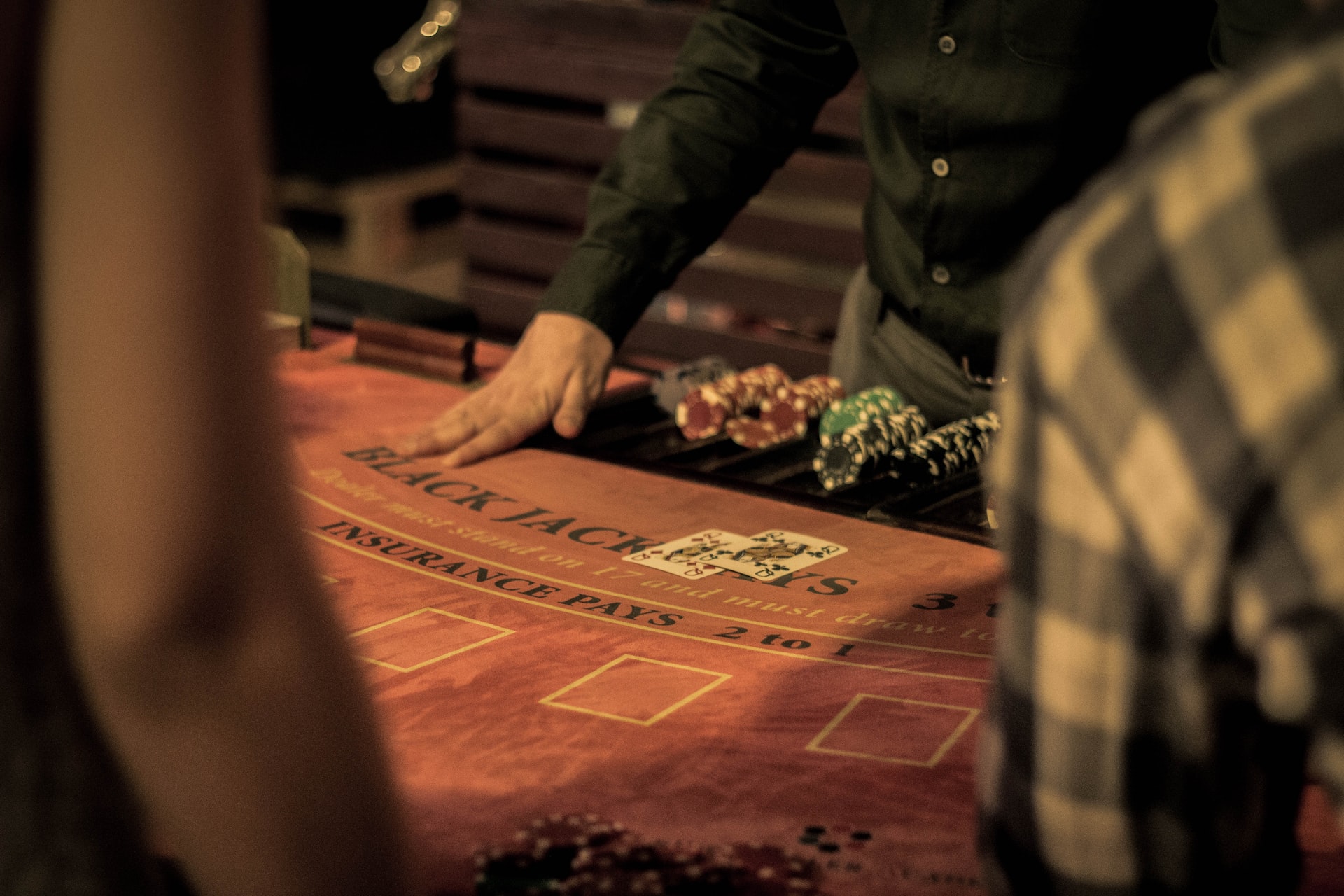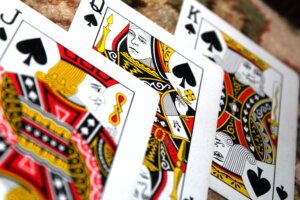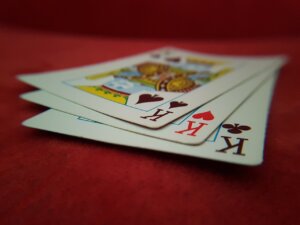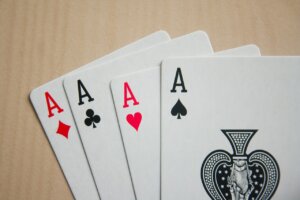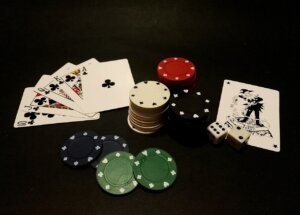Rake in poker refers to the commission fee a poker room or casino charges players for organizing and running poker games. The Rake is typically a percentage of the pot, taken by the house before the winnings are distributed to the players. The casino uses the Rake to cover its operating costs and make a profit. This Rake is taken regardless of which player wins the game, which means that it will influence the overall size of the pot.
Rake for Online Poker Games
In online poker, Rake is similar to live poker and again refers to the commission fee that online poker rooms charge players for organizing and running poker games. The amount of Rake charged in online poker varies depending on the game variant being played, the stakes involved, and the policies of the online poker room.
How does Rake Affect a Game of Poker?
Rake can affect a poker game in several ways, both for individual players, the poker room, or the casino hosting the game. The primary impact of Rake on players is that it reduces the potential winnings. Furthermore, the presence of Rake can also change how players behave at the poker table. For example, players may be more likely to play conservatively or fold more often to avoid losing too much to the Rake.
How Much Rake is too Much Rake?
The question of how much Rake is too much is subjective. It can depend on several factors, including the specific poker variant being played, the stakes involved, and the policies of the poker room or casino. One key factor to consider is to evaluate the proportion of the pot being taken as Rake. A 2-5% rake of the pot is typical for most cash games, while tournament fees are usually 10% or less of the buy-in. If the Rake exceeds this range, it may be considered excessive.
What is the Rake in Tournament Poker?
The Rake in tournament poker is a commission fee that the poker room or casino charges players for organizing and running poker tournaments. The Rake is typically a percentage of each player’s buy-in or entry fee and is taken by the house before the prize pool is distributed to the winners. The amount of Rake charged varies depending on the tournament format, the size of the field, and the policies of the poker room or casino.
In addition to the Rake, tournament poker may also involve other fees or expenses, such as a registration fee, re-buy or add-on fees, or a fee for hosting the tournament on the poker room’s software platform.
How does the Rake Cap work?
The rake cap is a limit on the amount of Rake that can be taken from a single pot in a poker game. The cap is typically expressed as a maximum amount in chips or a percentage of the pot and is determined by the policies of the poker room or casino hosting the game.
For example, a poker room might have a $5 rake cap for a $1/$2 no-limit Texas Hold’em game. This means that no matter how large the pot becomes, the poker room will only take a maximum of $5 in Rake.
The rake cap is intended to prevent excessive fees from being charged, particularly in situations where the pot becomes very large. Without a cap, the amount of Rake taken from a single pot could become prohibitively high, potentially discouraging players from participating in the game.
Rakeback – what is it?
Often, a poker room will give a percentage of the Rake back to its players as a reward after taking Rake. Even though it is not called rakeback directly by the poker room, loyalty reward programs are a form of rakeback if a poker room offers such a program.
How Does ‘No Flop No Drop’ Work?
It’s a common poker expression to say that no rake will be taken from the pot; unless a flop has occurred. Although most poker rooms follow this rule as standard, some rooms will rake the pot regardless of whether there’s a flop or not.
In conclusion
A high rake can make a game impossible to win (this is known as a “rake trap”). Unfortunately, many players aren’t too concerned with the Rake and jump into games without knowing how much they will end up paying. Therefore, before playing poker, it’s wise to examine the rake structure and do some comparisons and basic calculations to see if we are getting a fair deal.

